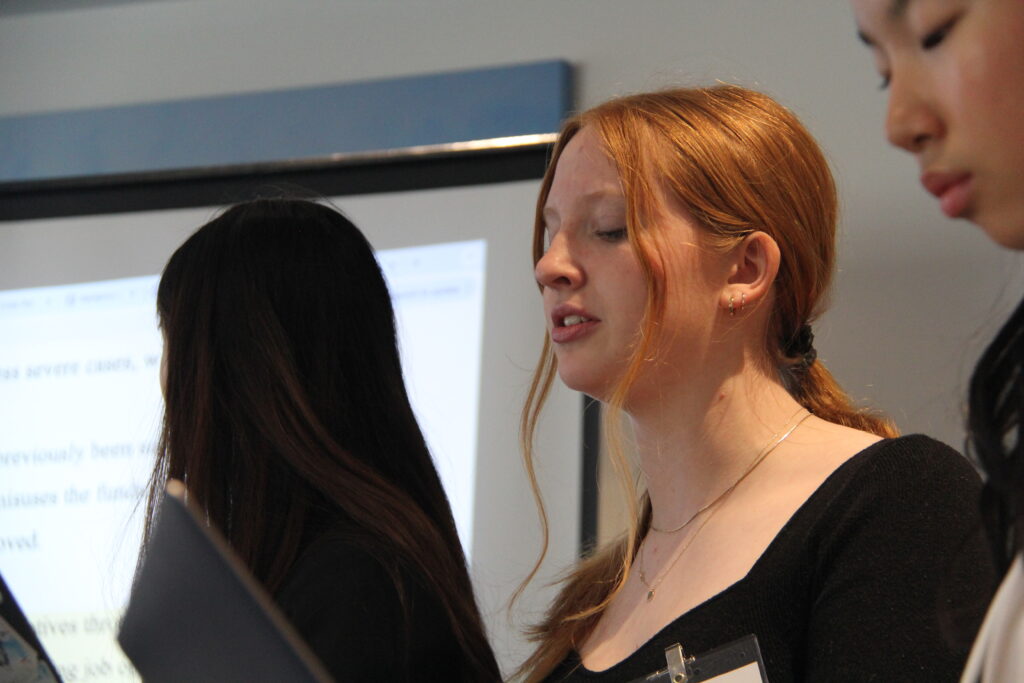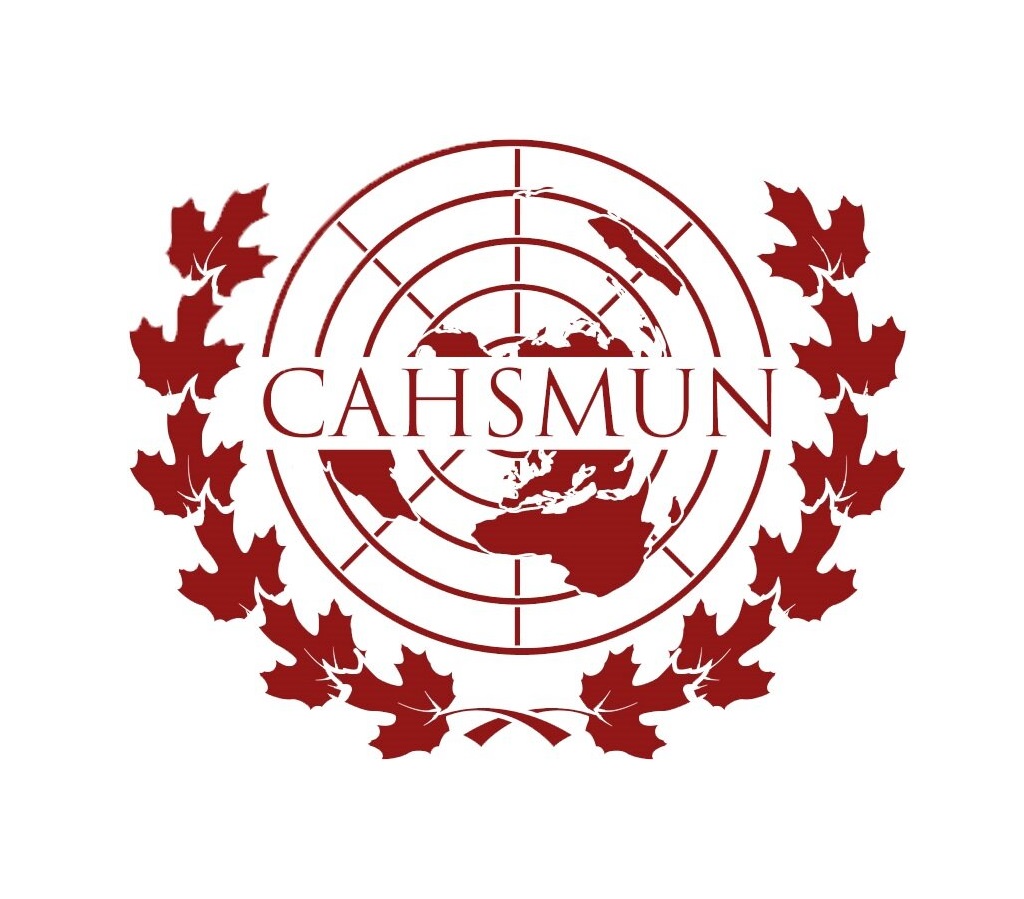Whilst the delegates of The United Nations Entity for Gender Equality and the Empowerment of Women (UN Women) stand together to promote menstrual equity, not everybody is in agreement of how it should be done.
Zi Jia (Jacey) Chen ∙ CBC News ∙ Posted: Apr 12, 2024 10:00 PM PST | Last Updated: 1 hour ago

The Delegate of China presents the second clause of her block’s resolution paper.

Whilst the delegates of The United Nations Entity for Gender Equality and the Empowerment of Women (UN Women) stand together to promote menstrual equity, not everybody is in agreement of how it should be done.
During today’s committee session, representatives from various countries spoke up to present their arguments and rebuttals; however, two voices in the room were particularly influential: China and Qatar.
The Delegation of China firmly believes that all women have the right to privacy and modesty to be able to peacefully deal with their time of the month. As one of the world’s largest and “constantly developing nations,” they have been continuously making steady progress to reduce the stigma around menstruation.
Their plan? To focus on the availability of resources and education.
“Period products should be put in all schools and workplaces so that all girls and women have access to resources, no matter their financial state,” says the Chinese delegate in an interview with the CBC. “Everyone deserves to be healthy.”
In addition, China has concurred with other nations — notably Italy, Latvia, and Zimbabwe — that on top of ensuring resources are available to all. More open discussion is vital in order to “shape flexible and forward-thinking minds”.
It was then that the delegate of Qatar raised her placard in objection. When called upon by the dais team, she made a compelling speech that undoubtedly moved many in the room. “65% of Qatar’s population is Muslim,” she declared, going on to mention that menstruation is incredibly private, and the Muslim citizens’ fundamental belief of privacy and modesty surrounding the matter would be directly contradicting their religion and what they stand for, should it be discussed openly.
Although the Chinese and the Qataris stand on opposing sides with differing viewpoints, their arguments share a crucial common objective: that women around the globe deserve privacy and modesty while they undergo their time of the month.
As the first two committee sessions draw to a close, a common consensus has not yet been reached, but the debates reveal that despite initial disagreements, China and Qatar share significant common ground in their commitment to women’s dignity and health, a promising foundation for both proposition and opposition to potentially find a compromise. There is a strong potential for these nations to bridge their differences and collaboratively advance menstrual equity on the global stage.
